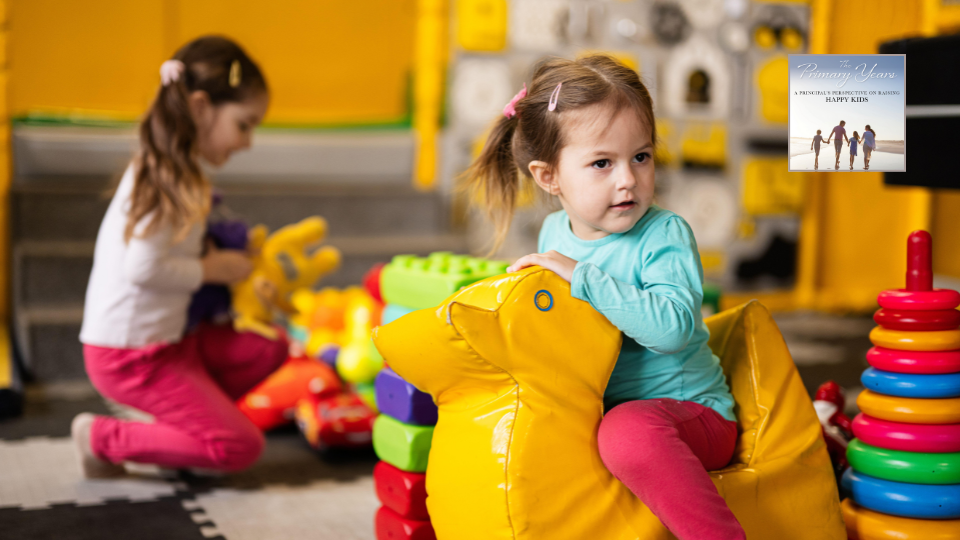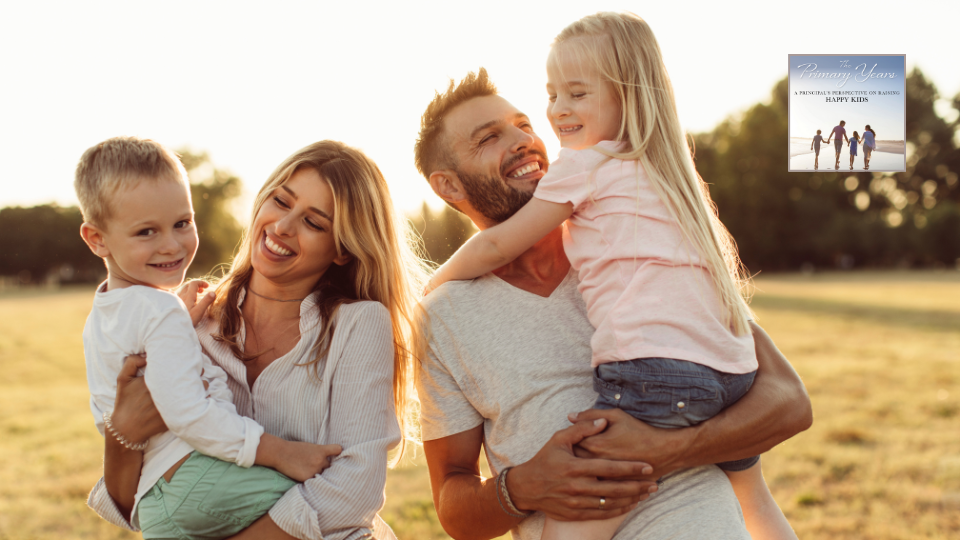Caring for your child’s safety in today’s unsure climate
How do you raise a safe child without sacrificing a joyful childhood? The answer isn't in fear, but in balanced and calm awareness. Discover five ways to protect your child while nurturing their strength and spirit.
This is a confusing time to be a parent. Every news story about harm in child centres makes your heart stop. You want to keep your child safe but also free to explore, learn and enjoy being little. Protection doesn’t have to mean fear, it can mean awareness, balance, and calm confidence. Here are five thoughtful ways to keep children safe while helping them grow strong.
1. Keep communication warm and open.
Children are more likely to speak up when something feels wrong if they know you’ll listen calmly and without judgement. Make it easy for them to talk about their day, their teachers, and their friends. Ask gentle questions and really listen.
2. Teach body boundaries early.
Even very young children can learn that their body belongs to them. Use simple words: “No one should touch your body in a way that makes you feel uncomfortable.” Encourage them to say no, walk away, and tell a trusted adult.
3. Choose care settings with care.
When visiting a childcare centre or activity group, look beyond the facilities. Notice how staff interact with children. Are they kind, respectful, attentive? Don’t hesitate to ask about safety policies, staff checks, and supervision routines.
4. Build a small circle of trusted adults.
Children feel safest when they have a few adults they can turn to: parents, grandparents, a teacher, a family friend. Let your child know who those people are. It gives them a safety net and helps you feel supported too.
5. Trust your instincts—but stay balanced.
If something doesn’t feel right, pause and look closer. Parental intuition is often right. But balance it with reason. Talk to others, ask questions, and stay informed. Safety grows best in calm, not fear.
Parenting in today’s world can feel overwhelming, but your steady presence, your listening ear, and your love are still the strongest protection you can give your child.
Why Your Child’s Mental Health Matters
What's the one thing that influences your child's ability to learn, build friendships, and navigate challenges? It's not the latest educational toy or a packed extracurricular calendar. It's their mental health. Discover why creating a foundation of emotional safety is the greatest gift you can give your child.
As parents, we naturally think about homework, routines and many more. But beneath all of this lies something more important, that is our children’s developing mental health. When children feel safe, supported, and understood, everything else in life becomes easier.
Consider:
A calm mind learns better
When children feel secure, they can focus and enjoy learning. Worry, on the other hand, can cloud their thinking. A little reassurance can make all the difference.
Feelings are part of growing
Big emotions like tears, frustration, and excitement are not problems to be “fixed.” They are chances to teach children how to understand themselves. Saying, “I see you’re upset. Let’s take a moment together,” helps them feel safe.
Friendships blossom with support
Children who know how to share their feelings are more likely to build strong friendships. A child who feels heard at home will find it easier to listen and connect with others outside. They are developing empathy.
Mental health is resilience
Life will always bring challenges. Children who have learned coping skills like talking, breathing, or problem-solving can bounce back more quickly when things go wrong. Give them slow and steady independence.
Small daily habits matter most
Just like brushing teeth protects physical health, small daily moments protect mental health. Reading together, sharing a meal, or even a bedtime chat can make a child feel valued and loved. Keep on with the rituals at home.
Early care lasts a lifetime
The ways children learn to handle stress now will shape their teen years and adulthood. A calm walk, a story before bed, or a hug in tough moments builds lifelong strength. It is OK to live in an imperfect world.
You don’t need all the answers
Often, your presence is more powerful than any solution. A child who knows, “Mum or Dad will sit with me when I’m worried,” already feels less alone.
Try a simple daily check-in, ask, “What was something that made you smile today?” and “Was there anything tricky?”
“Your mind is like a garden. With care it will bloom beautifully.”
FEEL SAFE AND BE SAFE IS GOOD MENTAL HEALTH FOR YOUR CHILD
Emotional safety is the foundation of good mental health. When children feel safe with you, their confidence and resilience grow. In this blog, Gail Smith shares simple, practical habits you can build into everyday life to help your child feel secure, supported, and strong.
Keeping your child feeling safe can happen through sound basic habits.
Consider:
Be their safe place
Let your child know they can talk to you about anything—no judgement, no overreaction. Just calm, caring presence. This also means keeping the volume of your voice down.
Help them name their feelings
Use gentle words to label emotions: “You look frustrated” or “Are you feeling nervous?” Naming feelings helps kids manage them better. It also takes the sting out of the words.
Create calming routines
Predictable routines give kids a sense of control and comfort, especially during transitions like bedtime or coming home from school. Talk about the routines and have them visual around the house.
Stay calm yourself
Your mood sets the tone at home. When you stay grounded, you help your child feel steady, too. A child’s radar goes up quickly when they detect frustration from you. After that they shutdown.
Focus on connection, not just correction
When your child makes a mistake, connect first—then guide. Try “Help me understand what happened,” instead of punishment right away. If upset create space before dealing with the issue. This helps you calm down.
Celebrate little wins
Praise effort, kindness, courage, things that build inner strength. It tells your child, you are more than just your results. The effort is what we are rewarding.
Model self-care
Show them what it looks like to rest, breathe, talk things out, and ask for help. Kids copy what they see. A calm parent tells their child they are approachable.
These small choices add up. Every time your child feels emotionally safe with you, their confidence and resilience grow.





